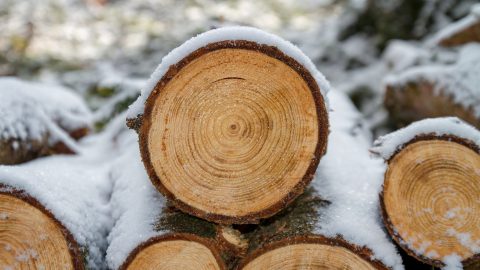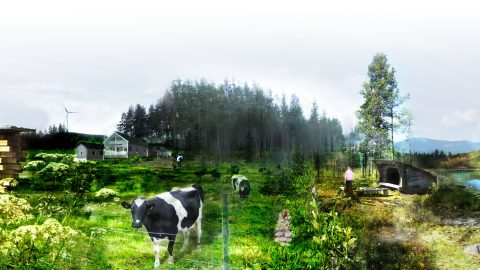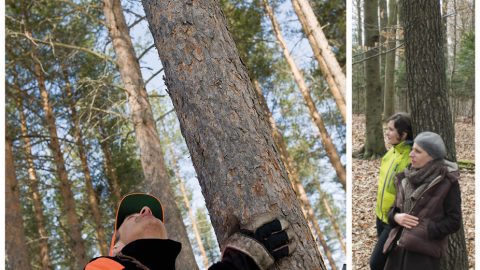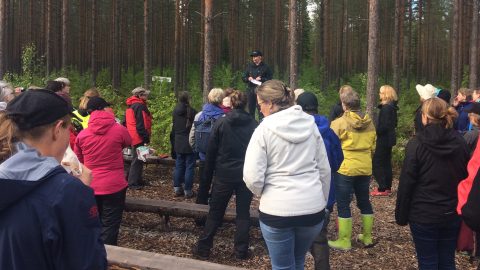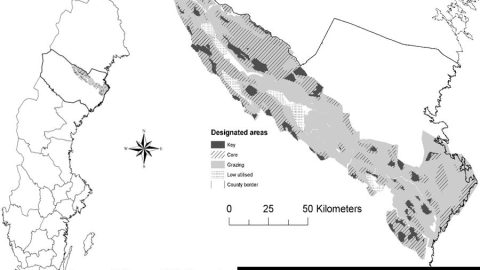To be able to realize their forest ownership when, for example, time or knowledge is not sufficient, services are an important support for forest owners. However, a study of the forestry organizations’ strategies to reach “new” forest owners shows that…
#MeToo highlights the consequences of inequality in the forest sector
At the end of 2017 and early 2018, 150 testimonies from women in the forest sector on various types of violations were published under #finalfelling. This was done in parallel with that similar experiences from other sectors were made visible…
Women lose on declining urban forests
In the increased densification of cities, the city’s green areas and urban forests are gradually decreasing. Even though overview planning emphasizes its importance and role in the city, this process seems to be consistent. In addition to the direct aesthetic…
Public support for diverse forests
The forest is an important natural resource for Sweden. In order to combat conflicts about how the forest is to be used and managed, it is important to take into account public opinion. Changed climate is expected to increase the…
Scenario analysis – a new tool for forest management?
The forest landscape in northern Sweden holds many economic, ecological and sociocultural values. Besides serving as a timber resource, the forest is also a source for biodiversity, natural and cultural values, recreation, energy material, hunting, fishing, and reindeer husbandry. All…
Gender matters when owning forest
Despite the fact that approximately 30 percent of the forest owners in Europe are women, there is a lack of basic insight and knowledge regarding the significance of gender when it comes to who owns forest and how the ownership…
Traditions challenge gender-equality work in Swedish forestry
In a traditionally men-dominated industry like forestry, work for gender equality can be a great challenge. Traditions and norms constitute challenges as they generates different forms of resistance. However, as a new research article shows, this resistance may also present…
Women’s networks within forestry create room for change
The Swedish forestry industry depends heavily on private forest owners and their resources. Within a historical perspective men performed the heavy manual labor of logging, and remained in charge of the operations when the industry later became more industrialized and…
Ecological values increasingly important, but production prevails
Between 1990 and 2010 the group of forest owners changed in many ways, increasingly coming to resemble the general population. However, this change is not noticeable in how forests are managed. The period between 1990 and 2010 saw an increase…
Forestry adapted to reindeer husbandry good for carbon sequestration
Forest management that is adapted to the reindeer husbandry leads to an increased standing volume and larger carbon sequestration in the forest as well as improved conditions for reindeer grazing, but also to a reduced potential for felling, employment, and revenue…

